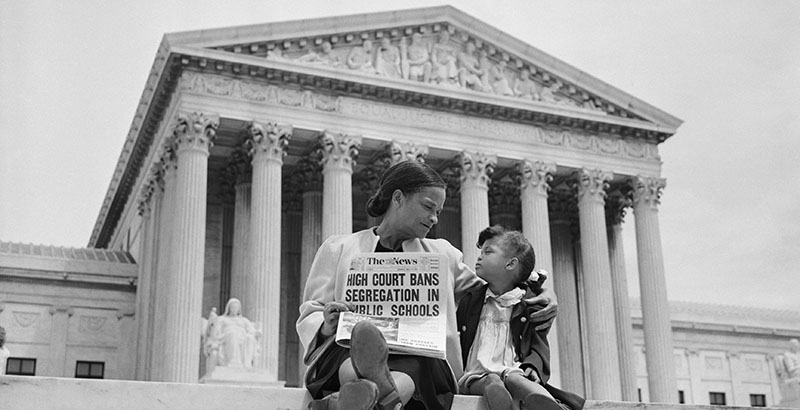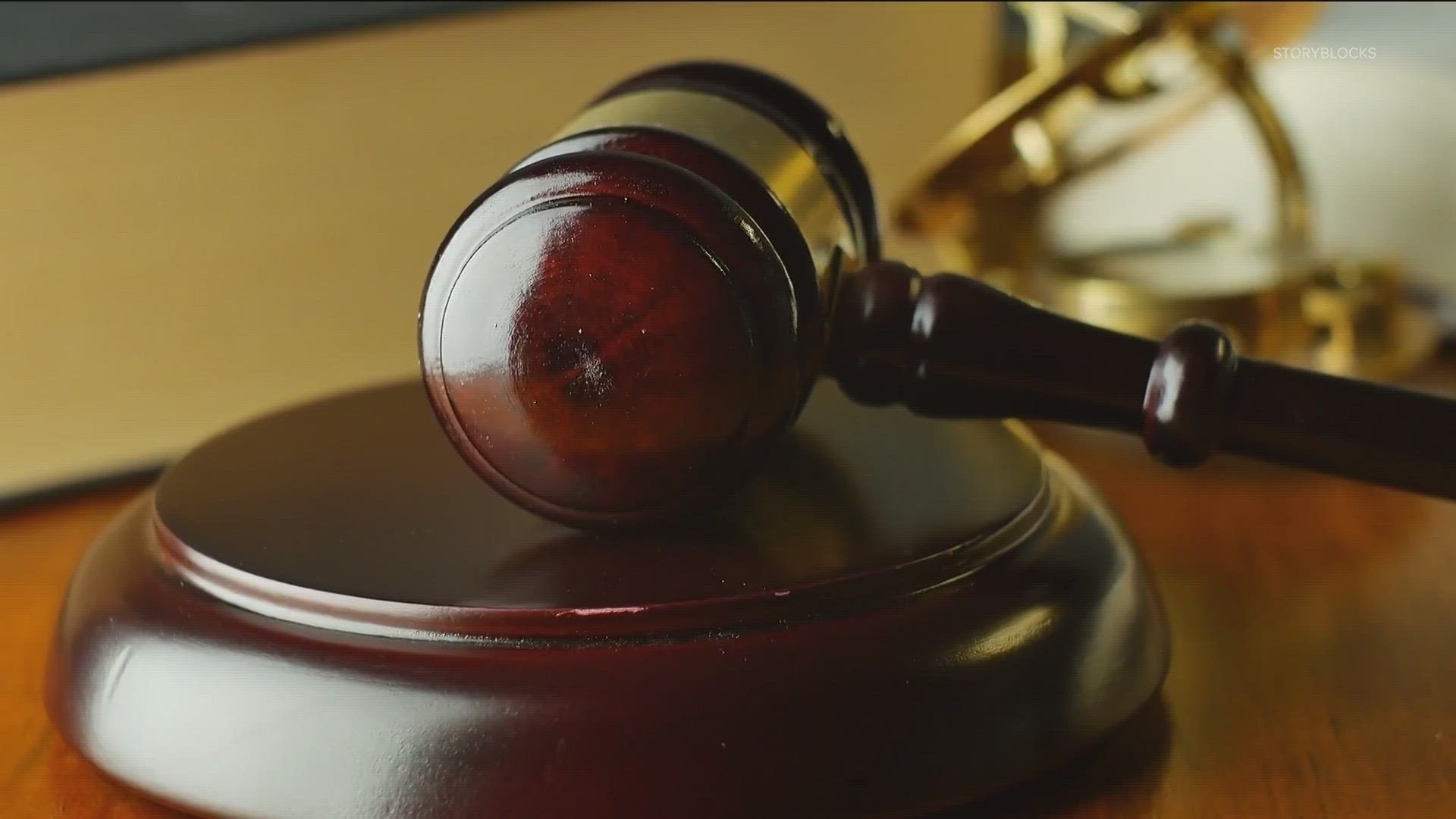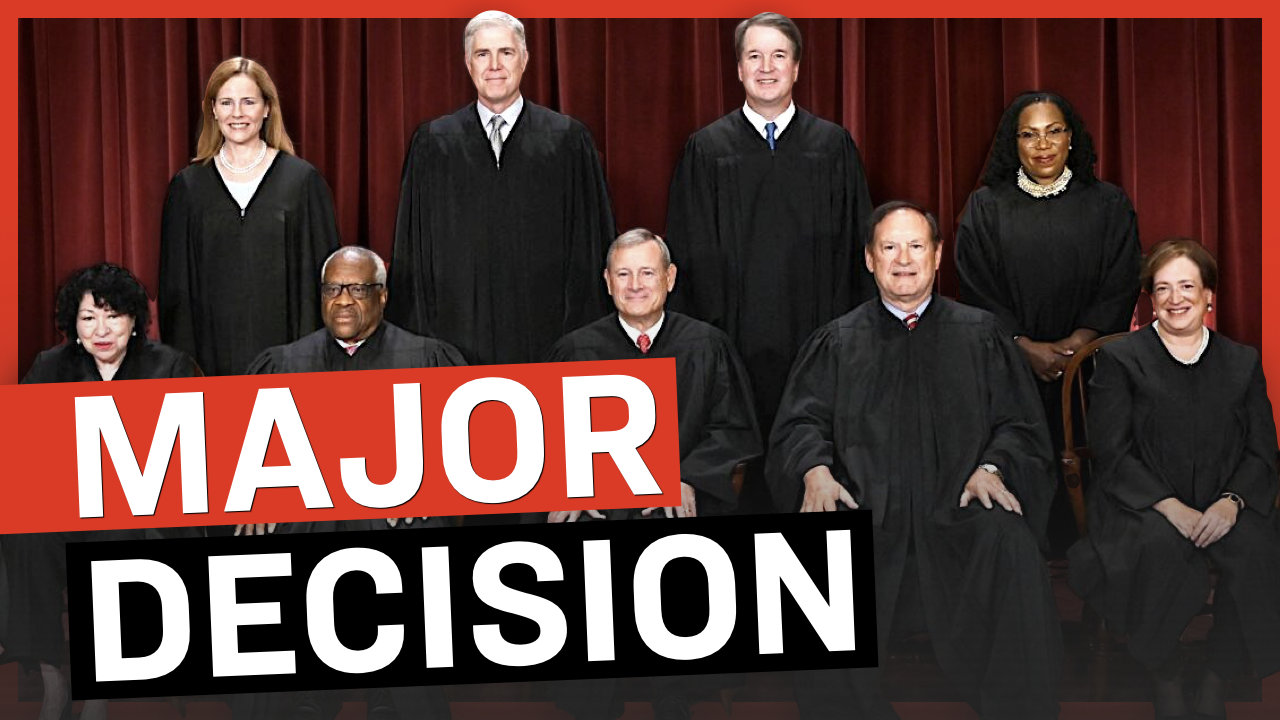Landmark Ruling: Supreme Court Orders Trump Officials to Facilitate Release of Detained Individual
Table of Contents
- This Day In History • June 13, 1966: Miranda Rights are Created On this...
- U.S. Supreme Court Issues 9-0 Ruling - YouTube
- Sale > ubl pension case in supreme court > in stock
- The Untold Stories Behind Brown v. Board: 65 Years Later, Remembering ...
- Trump Secures Ballot Access By Supreme Court 9-0 Ruling, Liberal ...
- Supreme Court ruling doesn’t protect stalking as free speech | 11alive.com
- The Supreme Court Precedent Cases Brown v Board of Education 1954 - YouTube
- Sale > ubl pension case in supreme court > in stock
- US Supreme Court Issues Major 9-0 Ruling | Facts Matter | EpochTV


The case in question involves a man who has been held in detention for several years, despite having been cleared for release by immigration authorities. The individual, whose identity has not been disclosed, had been deemed eligible for release due to a lack of evidence against him. However, his release was blocked by Trump administration officials, who cited national security concerns.


Background of the Case


The case made its way through the lower courts, with the individual's lawyers arguing that the Trump administration's actions were unconstitutional. The lawyers claimed that the administration's refusal to release their client was a violation of his due process rights, as guaranteed by the Fifth Amendment. The Trump administration, on the other hand, argued that the release of the individual would pose a threat to national security.


The Supreme Court's Ruling
In a significant departure from the Trump administration's stance, the Supreme Court ruled that the officials must take steps to facilitate the release of the detained individual. The court's decision was based on the principle that the executive branch does not have the authority to unilaterally block the release of an individual who has been cleared for release by immigration authorities.The ruling is a major victory for the rights of individuals in detention and a significant setback for the Trump administration's immigration policies. The decision establishes that the executive branch must respect the due process rights of individuals, even in cases where national security concerns are raised.

Implications of the Ruling
The ruling is also a significant blow to the Trump administration's immigration policies, which have been criticized for being overly broad and restrictive. The decision establishes that the administration must respect the rights of individuals, even in cases where national security concerns are raised.